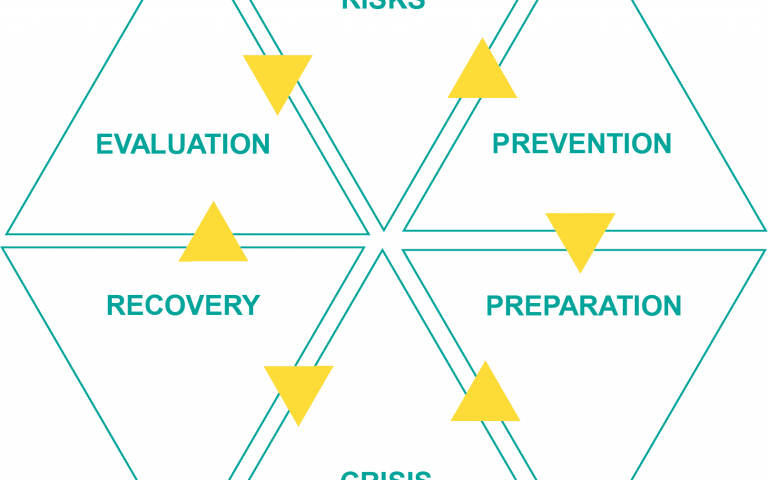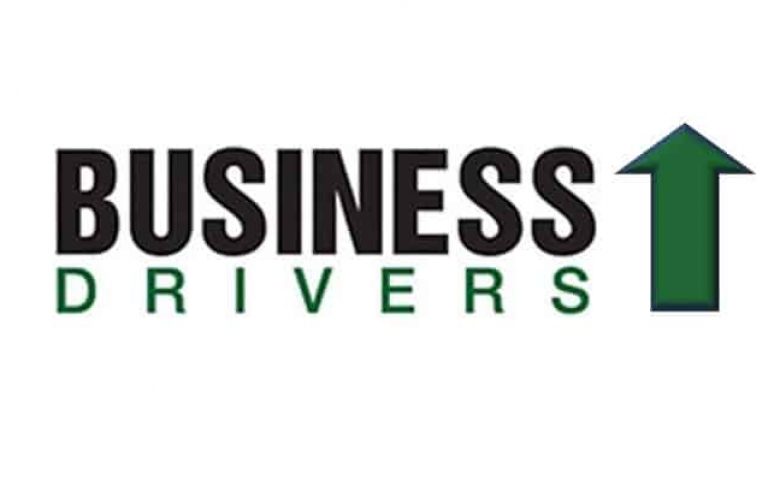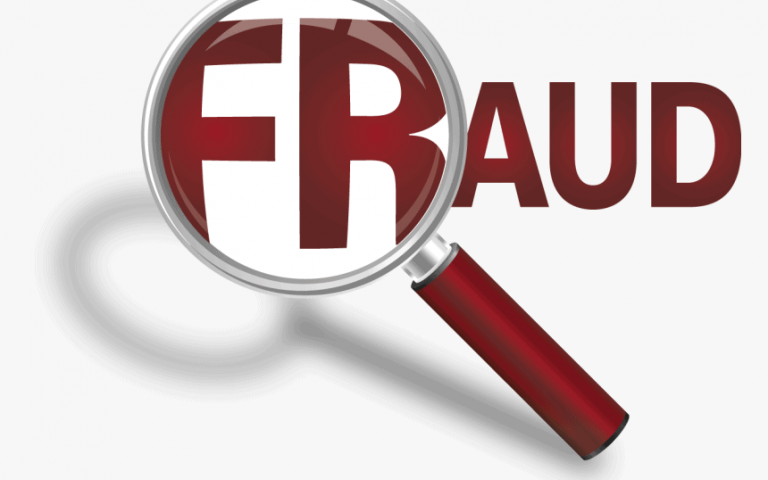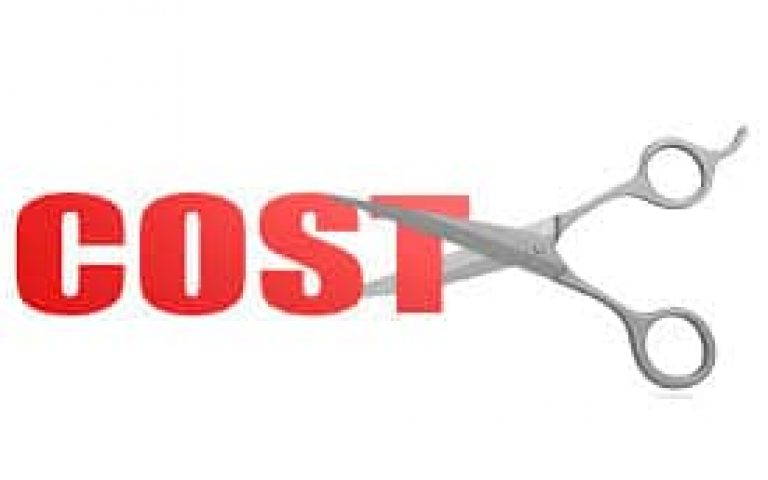Since the beginning of the new year, the Novel Coronavirus/2019-nCoV (“Coronavirus”) has dominated the news headlines. The number of infected individuals continues to climb significantly and the corresponding impacts on businesses continue to rise daily.
By now, you have probably been consumed by communications from your local, state and federal governments on how to avoid the virus – social distancing, disinfecting, shelter-in-place, etcetera, but likely haven’t heard too much about what you, as a responsible business owner, should be doing for your business. Realistically, you have three main options: panic, do nothing, or develop a plan of action. We will talk a little about the latter.
The most successful businesses know the value of having a plan in place for business disruptions and emergencies. If, like many, you don’t, now is the time to take action, developing one for the current business landscape.
The first step is to assess how the changing environment might affect your business. How will the virus affect the revenue and cash flow of your business? To be sure, not all businesses will see a revenue decline. In fact, quite the opposite. For example, supermarkets, medical supply companies and manufacturers of cleaning and sterilization products are seemingly poised for an uptick in revenue. In fact, for some, even those that appear poised to benefit from increased demands of certain products or services, it won’t be a question of getting or keeping the business, but of labor or supply chain shortages that might make it impossible to deliver your product or service. For others, the decline could be catastrophic as customers stay home, or, worse, are forced to shutter their businesses entirely until further notice or face layoffs.
To help hedge this situation, create an Emergency Disaster Plan, also known as a Contingency Plan, if you don’t already have one. We will highlight some of the more important areas, keeping in mind that many plans are literally volumes depending on the size of the Company.
Your first task is to preserve cash to make it through the lean times. Since the ultimate depth of the current crisis is an unknown, make three different plans for a 10%, 25%, and 50% or more reduction in business – or [1] “slowdown”, [2] “significant drop” and [3] “disaster”. If you see your revenue decline hit one of those targets, enact the plan accordingly to that category. Consider, at bare minimum, these steps in each of the plans:
* Identify Non-Essential Expenses. You will need to quickly identify and stop all non-essential expenses to preserve cash as soon as possible. This is another reason to make sure your books and financial reporting are always up-to-date and reliable.
* Delaying Capital Expenditures. Some projects are such that sustaining a delay will have a significant impact on cash, leaving the funds intact to address “survival” and “strategic spending”.
* Additionally, with the federal funds rate now at zero, banks will be able to lend at very favorable rates. Because of this, careful analysis might suggest taking a low-cost loan is more prudent than making an outlay directly from the company’s coffers.
* Delaying payments to vendors where possible and asking key suppliers for help – they might extend additional credit or give you more time to pay.
* Talking to your Bank. When the entire economy tanks, they are in trouble too. Be assured that they are working with the government to minimize the impact on their bottom line and they are fully prepared to listen to your needs. They might delay installments, cancel interest payments or provide cheap bridging loans.
* Identifying which expenses are essential and at what point those that are, become less relevant. Some essential expenses need to be cut in order of importance. Know according to what order expenses should be cut and cut them in that order when you must.
* Plans to shift your essential employees to virtual, at-home work assignments or to a part time basis if necessary. You should also list your employees and their positions according to how critical they are to maintaining operations. Because of this, you will have a logical progression in the handling of your employees as the passage of time and circumstance dictate.
* Reassuring Employees. Be open and communicate your plans with your employees. They dread nothing more than uncertainty.
* Contacting your suppliers. To understand the impact on your business, it is essential to know where your suppliers stand. Have they stopped or decreased production or has demand for their products increased to the extent that you might face shortages? Likewise, even if they are delivering appropriately at present, be certain to have a back-up supplier(s). You don’t know what’s around the corner on their end. You should consider logistical challenges as well.
* Reaching out to your customers. As much as you need to know the status of your suppliers, your customers also have the need to understand your situation. With that, they are more likely to accept any dramatic changes or surprises that surface. You don’t need to provide intimate details, but just enough to let them know you care about them, currently have or have anticipated some challenges and are doing your best to service them with care during these uncertain times.
* Consider your sales and marketing strategy. Your current sales strategy may no longer be the best course of action. For example, you may historically see great returns from Trade Shows and mailings, but as people cease to congregate on Trade Show floors and are hesitant to handle mail, perhaps shifting to an online strategy is more prudent. For example, in Wuhan, China, as a result of the coronavirus, the cosmetics company Lin Qingxuan closed 40% of its stores — but the brand’s 100+ beauty advisors took to digital platforms to engage customers virtually and increase online sales. “As a result, its sales in Wuhan achieved 200% growth compared to the prior year’s sales,” writes the Harvard Business Review.
* You may find that you could benefit from increasing your social media presence. Your customers are probably already on social media, but these days, they are likely checking in much more frequently to get the latest updates on the virus. Whether you’re posting about the virus specifically or trying to offer light, positive content to help take people’s minds off the panic, it can be helpful to increase your posting frequency to ensure you are showing up in their news feeds.
* Consider business interruption insurance. Business interruption insurance may be an option for you if you have significant business losses as a result of shutting down from the pandemic. Ask your insurance broker about business interruption insurance to cover unexpected major events and see what qualifies for coverage. It may not cover this emergency, but you’ll be better prepared for the next time your business suffers similar economic losses.
* Pivoting to new realities. Think about any way your business can pivot to take advantage of the new realities. There will be fundamental changes in the way we do business moving forward, and only the agile will capitalize on them.
* Taking action. The key to all of this is taking action. Getting started is always the hardest part but if you spend time crafting a careful plan in a logical sequence, you should be able to tackle the task with good results.
* Getting advice and help. Discuss and develop these plans with outside help – your business coach is a great place to start. Perhaps also solicit the assistance of your accountant, peer advisory board or other business mentors.
While not at all an exhaustive list, these steps should help you begin to craft a Plan designed to navigate you through the turbulent times created by our current uncertain circumstances as well for future challenges.
TITAN Business Development Group, LLC is a results-driven professional, licensed, innovative and energetic business development firm located in Flanders, New Jersey. Specializing in business coaching and advisory services, Titan BDG partners closely with small and medium-size business owners and management to successfully create definitive, measurable and sustainable results. Working together to improve operations, develop strong business systems, increase profits, grow their businesses, craft comprehensive strategic solutions and challenge and crystallize their visions, Titan BDG’s goal is to help its clients become titans in their industries. Titan BDG can be reached at (973) 601-3275 and can also be found on the web at www.TitanBDG.com.
***



























